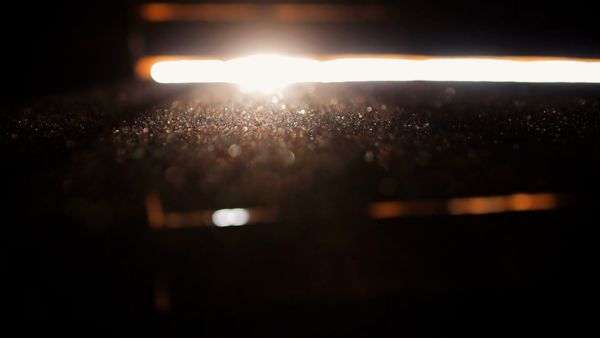 What comes to mind when you think of poor air quality? Maybe you thought of a busy city. But do you ever think of the quality of your indoor air? The truth is you need be thinking seriously about the impact of indoor air on your health.
What comes to mind when you think of poor air quality? Maybe you thought of a busy city. But do you ever think of the quality of your indoor air? The truth is you need be thinking seriously about the impact of indoor air on your health.
Indoor air can be 3 – 5 times more contaminated than outdoor air. Over the last few decades, concern over indoor air quality has increased and with good reason, its estimated that people spend more than 80% of their time indoors.
With all that time spent indoors, IAQ has a significant impact. The health risks of indoor air pollution are often greater than outdoor pollution. For vulnerable groups such as young children, elderly, and those suffering from chronic respiratory or cardiovascular diseases, indoor air quality can be especially harmful.
Common indoor air pollutants include:
- Pollen
- Dust
- Chemicals
- Dander
- Mold
- Dirt
- And more.
These tiny particles, some so small that can’t be seen by the naked eye, make their way into your home and become trapped due to poor ventilation. Some pollutants remain airborne, others settle on surfaces, and some will remain in the air duct system where they will be recirculated 5 – 7 times per day, easily being breathed in by residents and posing health risks.
Poor indoor air can increase symptoms for those dealing with allergies, asthma, and other respiratory problems but anyone can be affected. Severity and length of symptoms depend on someone’s sensitivity to air pollutants. These symptoms can range from minor to more severe, with short-term or long-term effects.
Common symptoms of indoor air pollution include coughing, sneezing, dizziness or headaches. More severe health effects can include damage to heart, liver, or kidneys. Exposure to high levels of some pollutants, like carbon monoxide, can even result in death.
Air duct cleaning can improve your indoor air quality and reduce health problems by removing the buildup of everyday air pollutants. Since air duct cleaning gets rid of pollutants, the air you breathe indoors becomes cleaner and less contaminated. A dirty HVAC system should be inspected by a reputable, certified air duct cleaning professional.
NADCA suggests getting your air ducts inspected at least once a year and cleaned as needed. This regular maintenance will not only improve your indoor air but also help you avoid costly system repairs down the road. By reducing the amount of debris within the ductwork, you can improve the airflow and energy efficiency of your system adding years to the potential lifespan.
(Reprinted with permission from NADCA.com)
